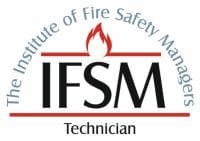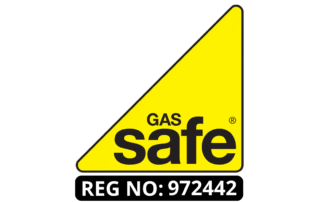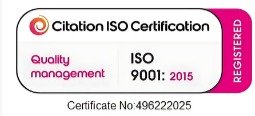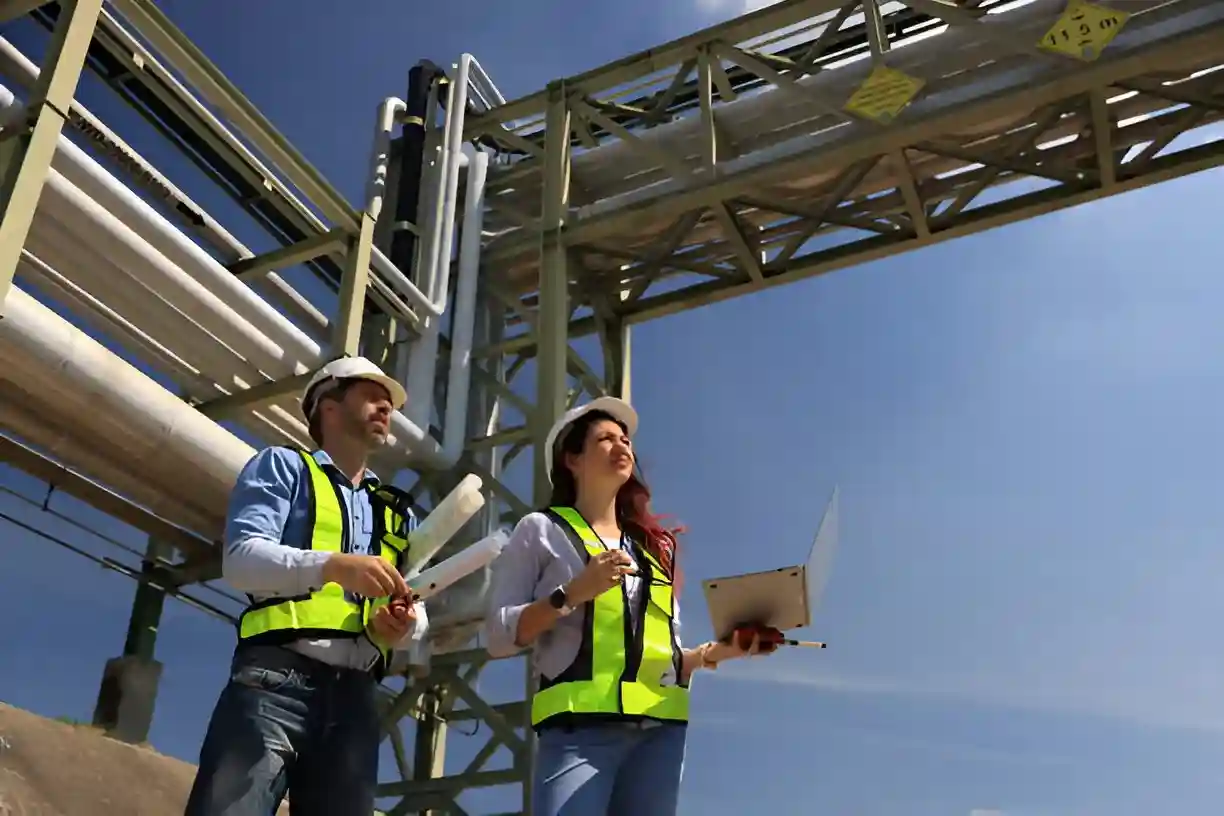
The Gas Safety Certificate CP12 is an essential requirement for landlords, ensuring that gas appliances in rental properties are safe for use. It serves as a legal obligation while also prioritising tenant safety. Understanding the significance of this certificate, its coverage, and the implications of non-compliance can be vital for both landlords and tenants. What essential aspects should be considered regarding the CP12? The answers might be more critical than one might think.
Key Takeaways
- A Gas Safety Certificate CP12 confirms the safety of gas appliances in rental properties, protecting tenants from hazards like gas leaks.
- Landlords are legally required to obtain and renew the CP12 annually to ensure compliance with safety regulations.
- Inspections must be conducted by qualified Gas Safe registered engineers, who assess appliances, flues, and ventilation for safe operation.
- Tenants should receive a copy of the CP12 within 28 days of the inspection, ensuring awareness of their safety rights.
- Non-compliance with CP12 regulations can lead to significant fines, legal actions, and unsafe living conditions for tenants.
What Is a Gas Safety Certificate CP12?
A Gas Safety Certificate CP12, commonly referred to as a gas safety certificate, is a formal document that confirms a property’s gas appliances and installations have been inspected and deemed safe to use.
This certificate is essential for landlords, as it signifies compliance with legal responsibilities regarding tenant safety.
The inspection process involves qualified gas engineers evaluating various components, such as boilers, cookers, and flues, ensuring they operate efficiently and safely.
The certificate typically includes details about the appliances inspected, the date of the inspection, and the engineer’s credentials.
Possessing a Gas Safety Certificate CP12 not only protects tenants from potential hazards but also empowers landlords by demonstrating their commitment to safety and legal compliance.
It fosters a sense of trust and freedom for both parties, allowing them to focus on their respective lives without fear of gas-related incidents.
Why the Gas Safety Certificate CP12 Is Important
Understanding the significance of the Gas Safety Certificate CP12 is essential for both landlords and tenants. This certificate serves as a vital assurance of safety, ensuring that gas appliances are checked and maintained to prevent potential hazards. It promotes a secure living environment, allowing tenants to enjoy their homes with peace of mind.
| Importance of CP12 | Benefits |
|---|---|
| Legal Requirement | Compliance with regulations protects landlords from penalties. |
| Tenant Safety | Reduces risks of gas leaks and fires, enhancing occupant security. |
| Increased Trust | Demonstrates a landlord’s commitment to safety, fostering tenant confidence. |
| Property Value | Regular certifications can enhance property appeal and marketability. |
In essence, the Gas Safety Certificate CP12 is more than just paperwork; it embodies a commitment to safety and responsibility, empowering both landlords and tenants to coexist harmoniously in their living spaces.
Who Needs a Gas Safety Certificate CP12?
Landlords are required to obtain a Gas Safety Certificate CP12 for any property where gas appliances are installed. This certification is vital to guarantee the safety of tenants and compliance with legal obligations.
It is not just an administrative formality; it is an essential safeguard against potential hazards like gas leaks, explosions, and carbon monoxide poisoning.
In addition to landlords, managing agents, and property owners who rent out residential properties must also guarantee that a valid CP12 is in place.
Tenants should be aware of this requirement, as it directly impacts their safety and well-being in their living spaces. Regular checks and certifications not only protect individuals but also uphold the integrity of the rental market.
Consequently, the responsibility for obtaining a Gas Safety Certificate CP12 extends beyond mere compliance; it embodies a commitment to creating a safe and secure environment for all inhabitants.
What Does a CP12 Gas Safety Check Cover?
The CP12 Gas Safety Check encompasses a thorough examination of all gas appliances, flues, and associated fittings within a property. This inspection is essential for guaranteeing the safety and efficiency of gas systems.
Qualified gas engineers assess appliances such as boilers, ovens, and heaters for proper operation and potential hazards. They check for gas leaks, verifying that connections and fittings are secure and compliant with safety standards.
Additionally, the check includes a review of the flue systems to confirm they are free from obstructions and functioning correctly, allowing harmful gases to dissipate safely.
The engineer will also evaluate ventilation to guarantee sufficient airflow, which is critical for safe gas appliance operation.
Ultimately, the CP12 Gas Safety Check aims to protect tenants and property owners alike by identifying risks and confirming that all gas-related components operate safely and effectively.
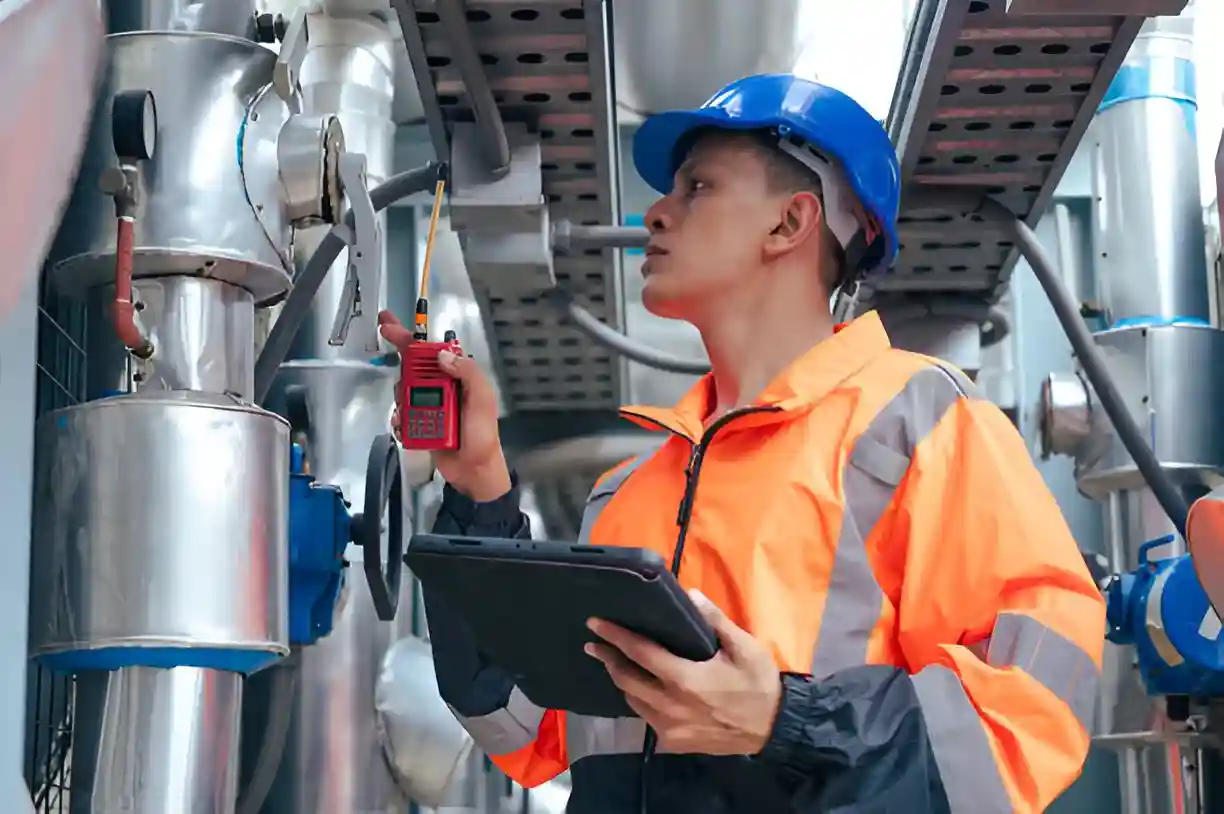
How Long Does a Gas Safety Certificate CP12 Last?
A Gas Safety Certificate, commonly referred to as CP12, is valid for a period of 12 months from the date of issue. After this period, the certificate expires, necessitating a new gas safety check to guarantee continued safety and compliance.
Landlords are encouraged to schedule inspections well in advance of the expiration date to avoid lapses in coverage. A valid CP12 not only protects tenants but also empowers landlords to maintain safe living conditions. It serves as a representation of the commitment to safety and legal compliance.
Tenants should be aware of their right to request a copy of the CP12 to confirm that the property is safe and that the appliances are functioning properly.
Ultimately, staying informed about the duration of a Gas Safety Certificate allows both landlords and tenants to operate with confidence and peace of mind regarding gas safety in the property.
Legal Requirements for Gas Safety Certificate CP12
Compliance with legal requirements for a Gas Safety Certificate CP12 is fundamental for ensuring safety in rental properties.
Landlords are obligated to obtain this certificate annually, verifying that all gas appliances, fittings, and flues are safe to use. The Gas Safety (Installation and Use) Regulations 1998 mandate that qualified Gas Safe registered engineers perform these inspections.
In addition, landlords must maintain records of each inspection and provide tenants with a copy of the CP12 certificate within 28 days of the test.
Failure to comply can lead to severe penalties, including fines and imprisonment.
Tenants also have the right to request a copy of the certificate, reinforcing their autonomy and safety.
Ultimately, adhering to these legal guidelines not only protects tenants but also empowers landlords to create safer living environments while fulfilling their legal responsibilities.
Understanding these requirements is essential for all involved in rental agreements.
The Process of Getting a CP12 Certificate Step by Step
Obtaining a CP12 certificate involves a systematic approach that guarantees all gas appliances and systems are safe for use.
Initially, the landlord must schedule an appointment with a qualified Gas Safe registered engineer. This step is essential, as only certified professionals possess the expertise to conduct thorough inspections.
During the visit, the engineer will examine all gas appliances, including boilers, heaters, and cookers, confirming they comply with safety regulations. They will check for gas leaks, proper ventilation, and the condition of flues.
Upon completion, the engineer will provide a report detailing their findings. If any issues arise, the landlord is responsible for rectifying them promptly to maintain safety.
Once everything meets the required standards, the engineer will issue the CP12 certificate. This document serves as proof of compliance and must be renewed annually, fostering an environment of safety and peace of mind for both landlords and tenants alike.
How Much Does a Gas Safety Certificate CP12 Cost?
While the cost of obtaining a gas safety certificate CP12 can vary, it typically ranges between £60 and £120, depending on factors such as the location, the number of appliances being inspected, and the engineer’s rates.
Landlords seeking this certification should consider obtaining quotes from multiple gas safety engineers to guarantee they receive a competitive rate.
In urban areas, costs may lean toward the higher end of the spectrum due to increased demand and higher living expenses. Conversely, rural locations might offer more affordable options.
Additionally, the complexity of the inspection, including the number of gas appliances present, can influence pricing.
Investing in a CP12 gas safety certificate is not merely a regulatory requirement; it serves as a commitment to tenant safety and peace of mind.
Ultimately, understanding the cost landscape empowers landlords to make informed decisions that align with their financial and ethical responsibilities.
Common Issues Found During a CP12 Gas Safety Check
During a CP12 gas safety check, several common issues may arise that can compromise safety and compliance. Identifying these problems is essential for maintaining a safe living environment.
The following are frequent findings during inspections:
- Blocked flues: Obstructions can prevent harmful gases from escaping, posing serious risks.
- Inadequate ventilation: Poor airflow can lead to carbon monoxide buildup, endangering occupants.
- Gas leaks: Detecting leaks is important, as they can lead to explosive situations.
- Faulty appliances: Malfunctioning gas appliances not only decrease efficiency but also create safety hazards.
- Outdated certificates: Failing to have a current CP12 can lead to legal issues and safety concerns.
Awareness of these common issues empowers landlords and tenants to take proactive measures, ensuring a secure and compliant home environment.
Regular checks and timely maintenance are key to avoiding these pitfalls and promoting freedom from worry regarding gas safety.
What Happens if You Don’t Have a Valid CP12 Certificate?
Failing to possess a valid CP12 certificate can lead to severe consequences for landlords and tenants alike. Landlords risk hefty fines, legal actions, and possible imprisonment, as they are responsible for ensuring gas safety in their properties. Tenants, on the other hand, may face dangerous living conditions, including gas leaks or carbon monoxide poisoning, leading to health risks.
| Consequences for Landlords | Consequences for Tenants |
|---|---|
| Hefty fines | Dangerous living conditions |
| Legal actions | Health risks |
| Potential imprisonment | Lack of recourse |
The absence of a valid certificate not only undermines legal obligations but also compromises the safety and well-being of all parties involved, ultimately impairing the freedom and peace of mind that come with secure living arrangements. Adhering to gas safety regulations is therefore essential for maintaining trust and responsibility.
CP12 vs Other Gas Safety Certificates/ Key Differences Explained
Understanding the distinctions between a CP12 certificate and other gas safety certificates is vital for landlords and property managers. The CP12, specifically designed for rental properties, serves as a pivotal indicator of gas safety compliance. In contrast, other certificates may cater to different contexts.
Key differences include:
- Target Audience: CP12 is tailored for landlords; other certificates may target homeowners or commercial properties.
- Scope of Inspection: CP12 focuses on gas appliances and installations relevant to rental properties.
- Regulatory Requirements: CP12 is mandated by law for rental properties; other certificates may not have such stringent requirements.
- Duration: CP12 is valid for 12 months, while some other gas safety certificates may have different validity periods.
- Penalties for Non-Compliance: Failing to obtain a CP12 can lead to legal repercussions, unlike some other certificates that may have lesser penalties.
Understanding these distinctions empowers landlords to guarantee safety and compliance.
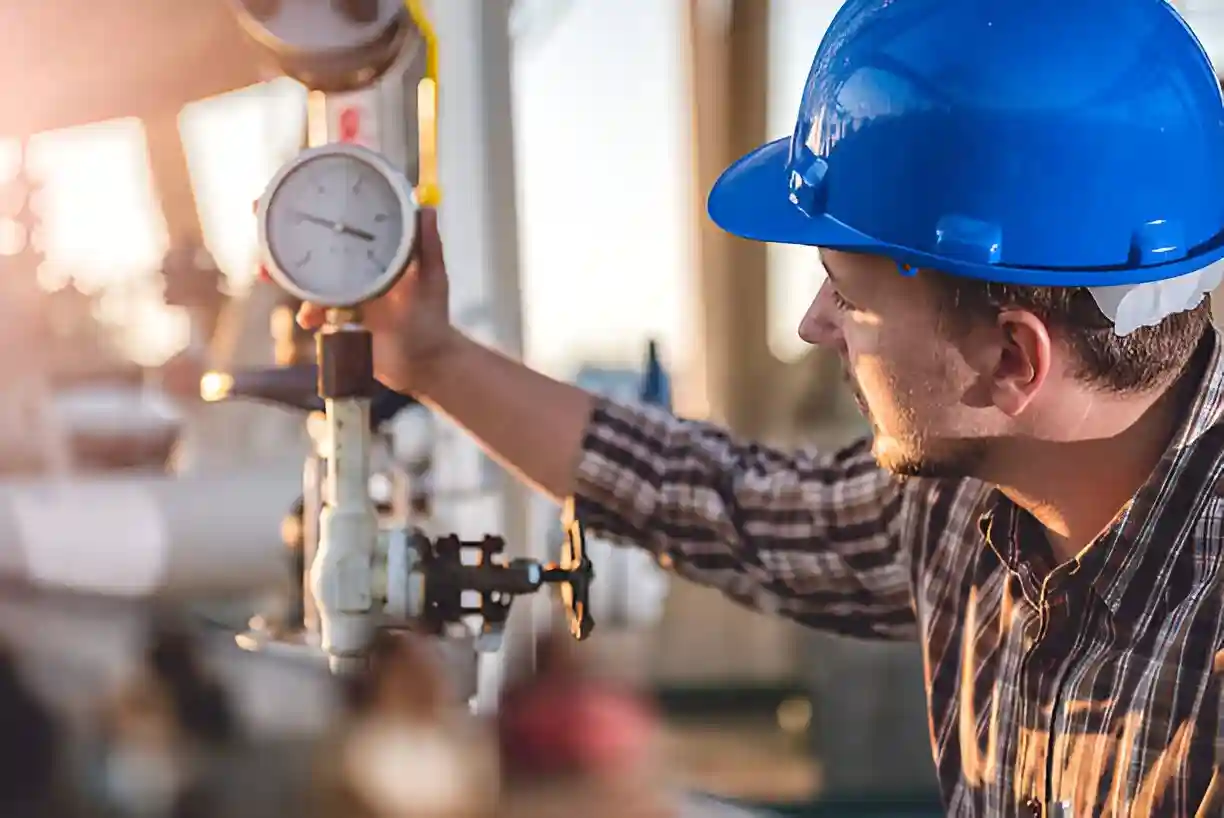
CP12 Certificate Validity and Expiry Dates
The CP12 certificate, essential for ensuring gas safety in rental properties, has a validity period of 12 months from the date of issue. Landlords must renew this certificate before it expires to maintain compliance with safety regulations and to safeguard tenants’ well-being. Failure to do so can lead to legal repercussions and endanger the lives of those residing in the property.
| Event | Timeframe |
|---|---|
| Issuance of CP12 | Day 1 |
| Validity Period | 12 months |
| Expiry Date | Day 365 |
| Renewal Recommendation | 2-3 weeks before expiry |
Awareness of the CP12’s validity and expiry dates empowers landlords to act responsibly, ensuring a safe living environment for tenants and upholding their right to a secure home.
Why Landlords Trust Us for Gas Safety Certificates
Landlords seeking reliable gas safety certificates often find themselves turning to trusted providers who prioritise compliance and safety. These providers offer peace of mind, ensuring that landlords can focus on their responsibilities without the burden of legal issues or safety concerns.
Several reasons contribute to this trust:
- Expertise: Providers employ certified professionals with extensive knowledge of gas regulations.
- Timeliness: They guarantee prompt service, allowing landlords to obtain certificates efficiently.
- Transparency: Clear communication regarding costs and processes fosters confidence among landlords.
- Comprehensive Services: Many providers offer additional safety checks, ensuring holistic compliance.
- Customer Support: Dedicated teams are available to answer questions and address concerns, enhancing the overall experience.
This combination of factors leads landlords to choose reliable providers, ensuring safety for both tenants and properties alike.
Frequently asked questions.
Conclusion
In summary, the Gas Safety Certificate CP12 is an essential document for landlords, ensuring compliance with safety regulations and protecting tenants from potential hazards. By facilitating thorough inspections and fostering trust, the CP12 plays an important role in maintaining safe living environments. Landlords must prioritise obtaining and renewing this certificate annually to uphold their legal responsibilities and safeguard their tenants’ well-being, ultimately contributing to a secure and compliant rental experience.
